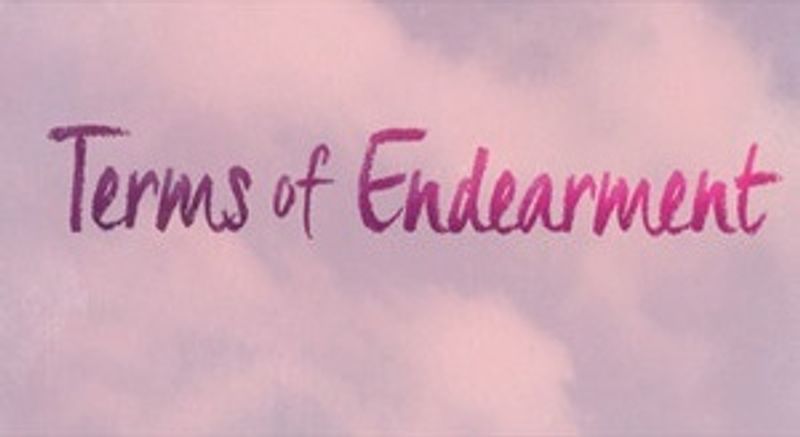Jun 25, 2018
Language of Love: A Cultural Difference
I once asked my Japanese friend how she calls her husband and how she is called by him. She said they just call each other by name. So I asked: "Don't you have any term of endearment for each other, like 'honey', 'sweetheart', 'baby'?" She gave me a puzzled look as if I just did some alien speak.

Apparently, the use of terms of endearment does not exist in the Japanese language. My former Japanese language sensei once told me that with some couples the ladies call their beloved anata while the men call their partner omae. Anata and omae both mean "you", and they just utter them with a gentle or sweet voice to give an affectionate feel, but that's just about it.
In most English-speaking countries, on the other hand, having terms of endearment is considered rather usual - with terms even for people who are not necessarily romantically involved, like a parent calling his or her child "dear". My sister and I grew up being called "darling" by our mom (she still does up to this day), and back home some couples would refer to each other as mahal, the Filipino word for love.
Until now, I'm still wondering how come people here seem to be too shy or are not keen on expressing affection. Another Japanese friend told me that their ancestry had something to do with their shy personality. Back then, he said, lives were so simple and so plain that there seemed to be no need to communicate closely or intimately with people around them.
This cannot easily be dismissed as a language difference - for we know that language is closely tied to culture. Could it be that this particular cultural difference is the reason for the difficulty of the Japanese learner to fully embrace the English language (or any language that uses the alphabet, for that matter)?
It seems that the struggle goes beyond adjusting to a different grammar pattern, and that their personality and cultural upbringing have a lot to do with it. The way it occurs to me, Japanese is more of a language of community and conformity, while English is a language that encourages individuality and full self-expression.
That earlier observation on using terms of endearment (or lack thereof) led me to realize something else. I got to appreciate the beauty of my two languages - English and Filipino - on a whole new level. These languages of mine allow me to express love fully and creatively, with minimal or almost zero restraints.
Now, I studied Japanese intensively for only six months, so you can definitely say that I'm not a good judge of the Japanese language as it relates to culture. What I've stated above were merely my observations based on my limited knowledge. I actually wish I'm mistaken, or that I'd be proven wrong soon enough.



0 Comments